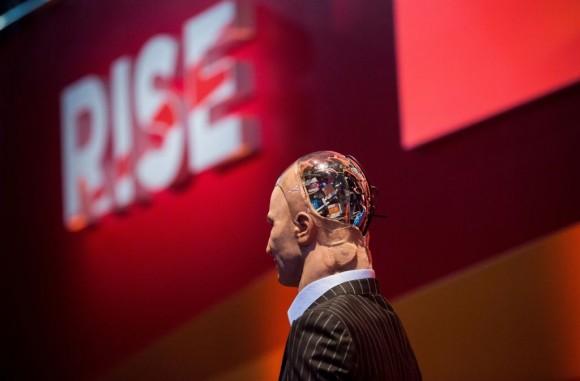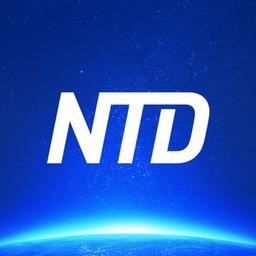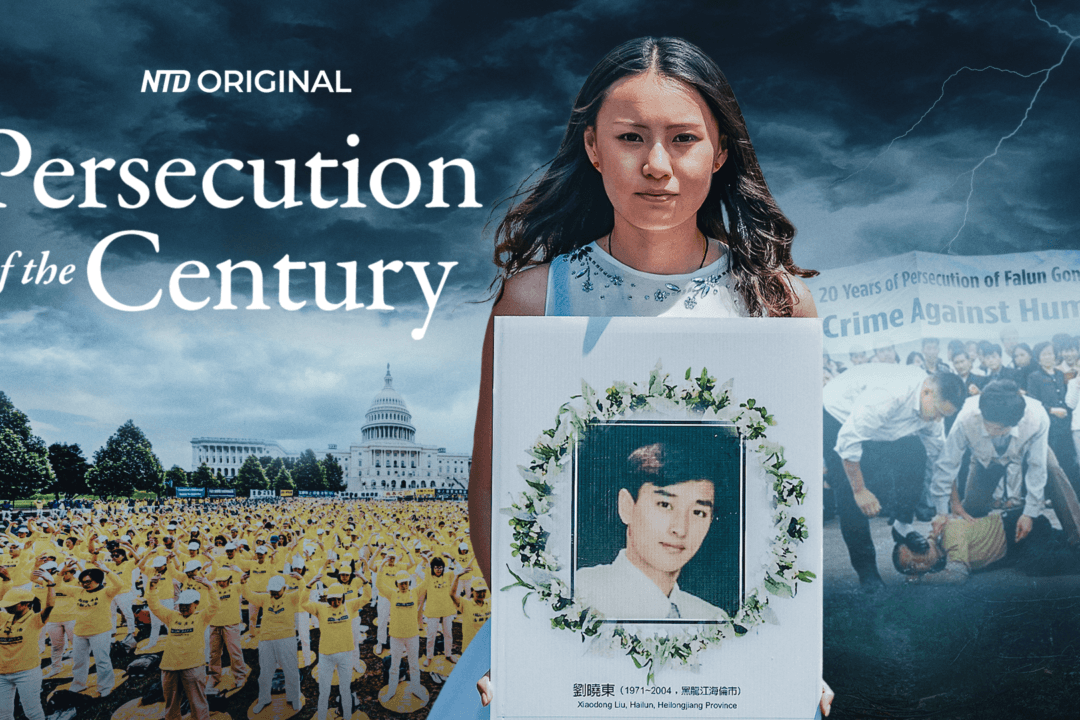Tech magnate Elon Musk offered his starkest warning yet on the dangers of artificial intelligence. He said it is a greater threat to mankind than North Korean missiles. He tweeted out a warning on Aug. 11, amid increasing tension between North Korea and the United States.
From yesterday’s two tweets on the topic he garnered 3,500 total comments, 24,000 retweets, and 78,000 likes, collectively. The tweets, one with a retro horror movie poster with the words “In the end the machines will win,” give a foreboding impression. The poster appears to be an ad against gambling put out by a government commission in Australia. As Musk has become more concerned, his warnings have gotten more anxious, veering toward the apocalyptic.
Musk’s last huge AI shock came at a meeting of the National Governors Association. Musk stressed how AI needs to be regulated just like anything that poses a danger—before it becomes a problem, and before it is even fully mature. According to an NPR report on the meeting, many in the audience did not know how to respond to the issues he raised.
Musk has been warning about the dangers of artificial intelligence for a few years now. He was vindicated after Facebook was forced to shut down an AI project that got out of hand, as reported by The Epoch Times. Facebook made an artificial intelligence program that created its own language and alarmed engineers. Previous to that, Mark Zuckerberg and Facebook had suggested Musk was fear-mongering at his National Governors Association talk.
Musk is doing more than just talking. His support of the OpenAI initiative is meant to provide a watchdog on the progress of AI and track its developments. He wants to ensure there is a means to back it off and restrain it, by knowing as much about it as possible, as Fortune reported.
Stephen Hawking and Bill Gates have also addressed the dangers of artificial intelligence. In a 2014 interview, Hawking told the BBC, “The development of full artificial intelligence could spell the end of the human race.”
Bill Gates also weighed in on the discussion. “I don’t think it’s inherent that as we create super intelligence that it will necessarily always have the same goals in mind as we do,” he said during an interview with Fox Business. “The people who say ‘Let’s not worry at all,’ I don’t agree with that.”
These are some of the experts and tech magnates closest to the technology that are offering their warnings.
READ MORE:
Facebook Shut Down AI After It Invented Its Own Language
By Ivan Pentchoukov






